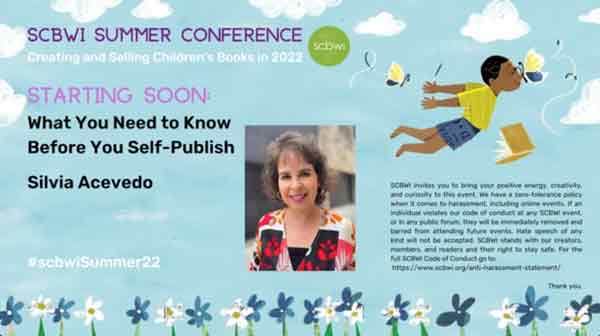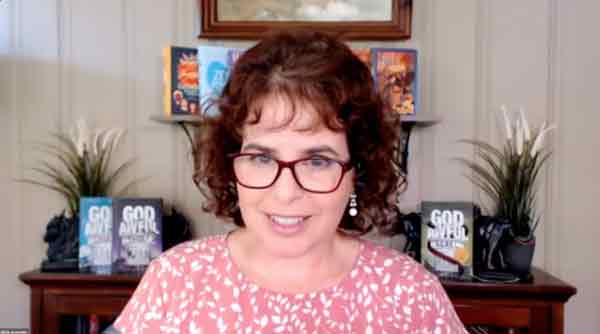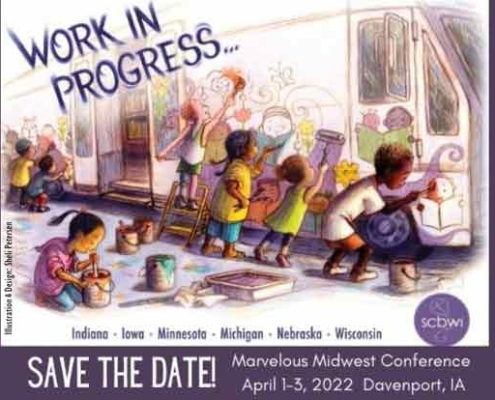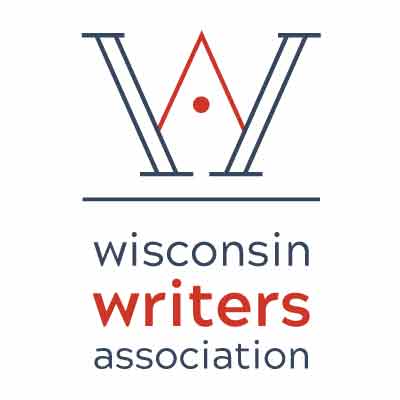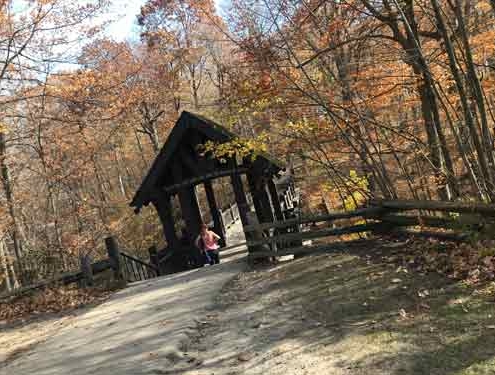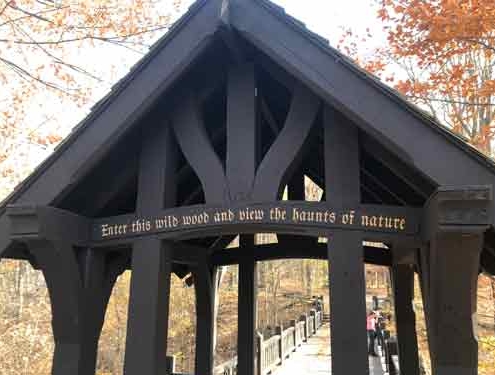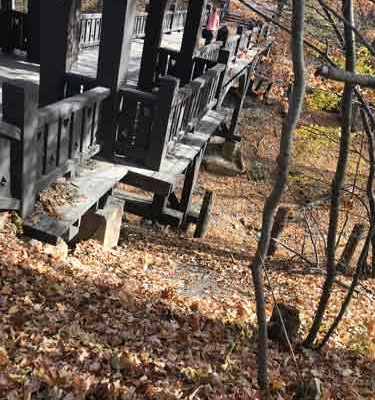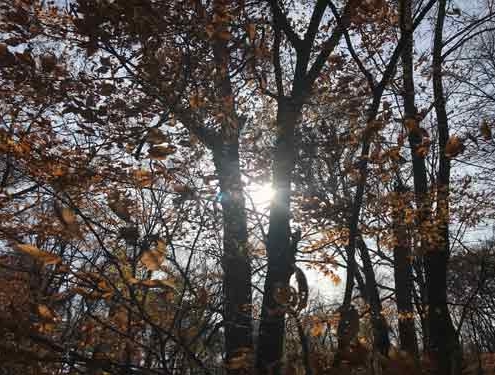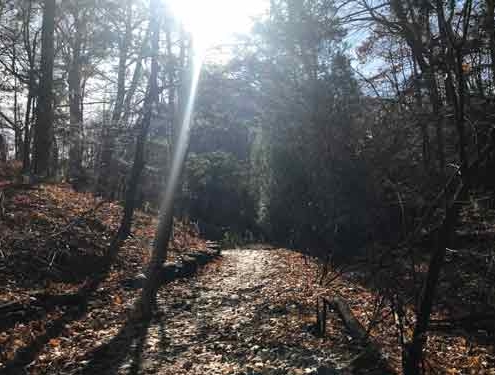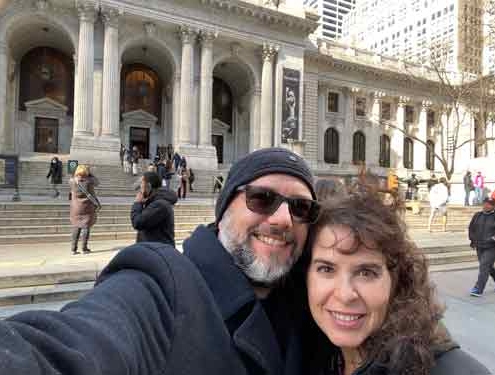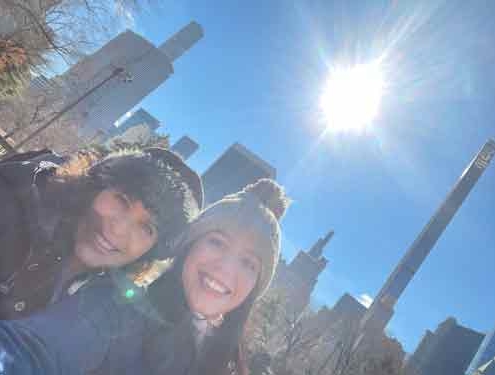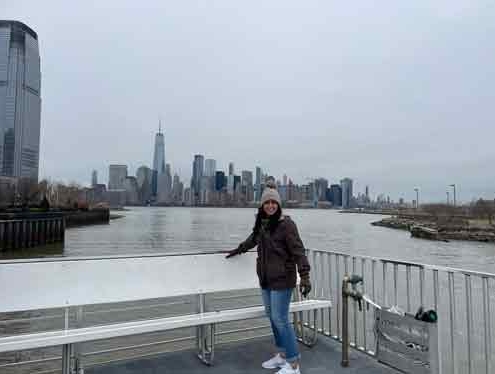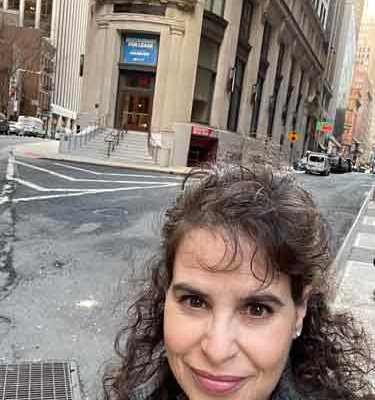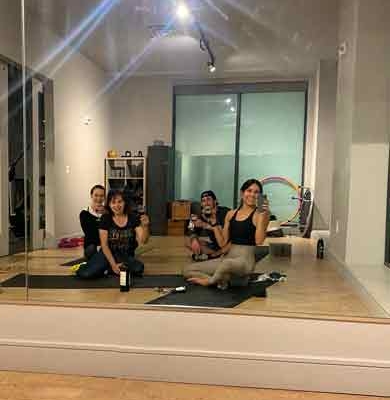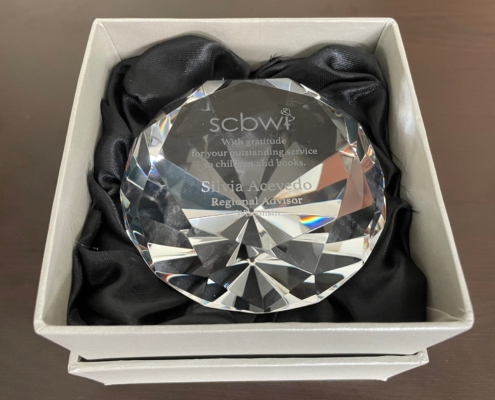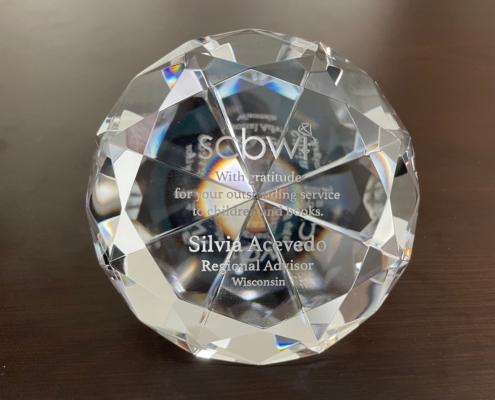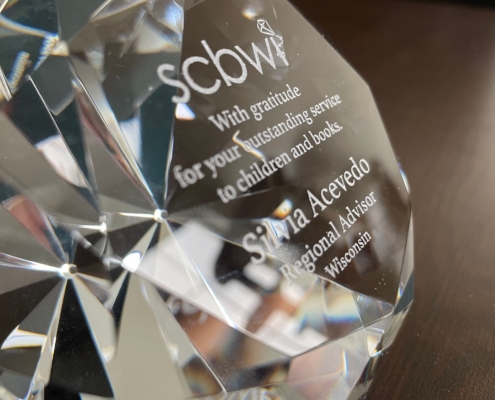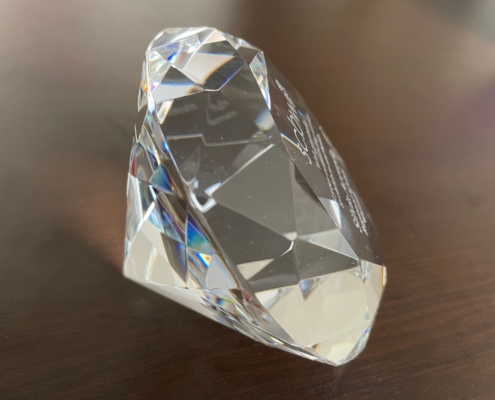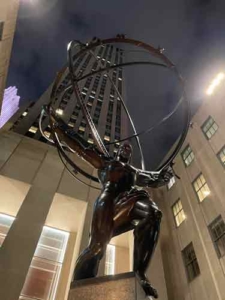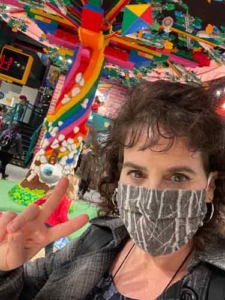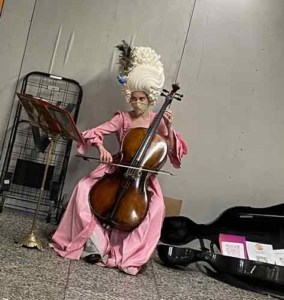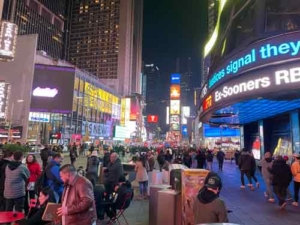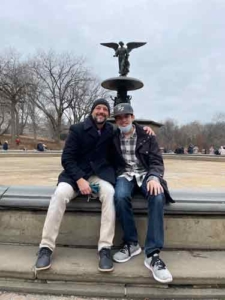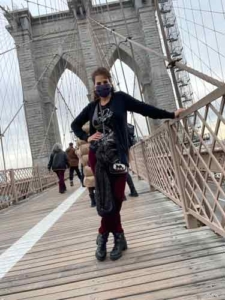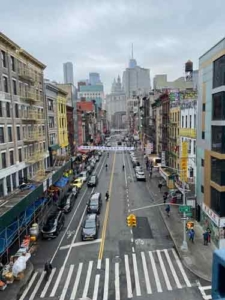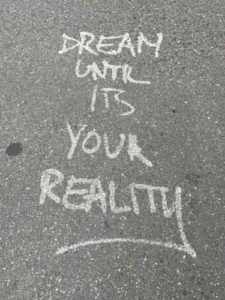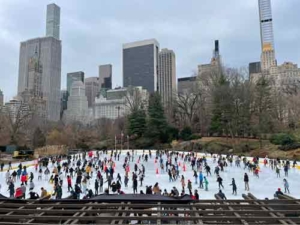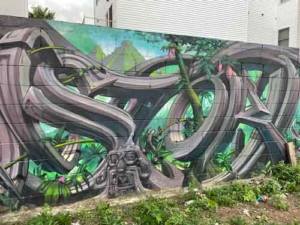L.A., baby!
Haha, no, don’t worry. I’m not jetting off to L.A. But I did have something awesome tie me in to Los Angeles, and it’s so exciting I just have to share.
SCBWI holds two international conferences annually, one in New York City and one in L.A. I’ve attended both, and they are simply amazing. The New York one is smaller, which might be surprising as NYC is the global publishing hub, but the NYC conference is focused on craft. The L.A. conference is huge, typically bringing in several thousand attendees and is thus a networking extravaganza.
The past few years these events have been held virtually, of course. They’re still excellent events, well organized, chock full of practical and inspirational tidbits. The speakers are stars in the kidlit field or up-and-comers or people with an expertise in their niche. I walk away from each speaker better for having listened.
This year, they invited me to speak. Me! Little ol’ me. I was stunned at the invitation and remain so even after having finished the presentation. Speaking at their international conference is a big moment for me, and I worked hard to make my session worthwhile. I hope it was. Importantly, I continue to be grateful for this wonderful organization.
All the presentations were recorded and available for 30 days, so you could still register to see everything. I too will watch as many of these recordings as I can. It will make for some pleasant upcoming days. 🙂

